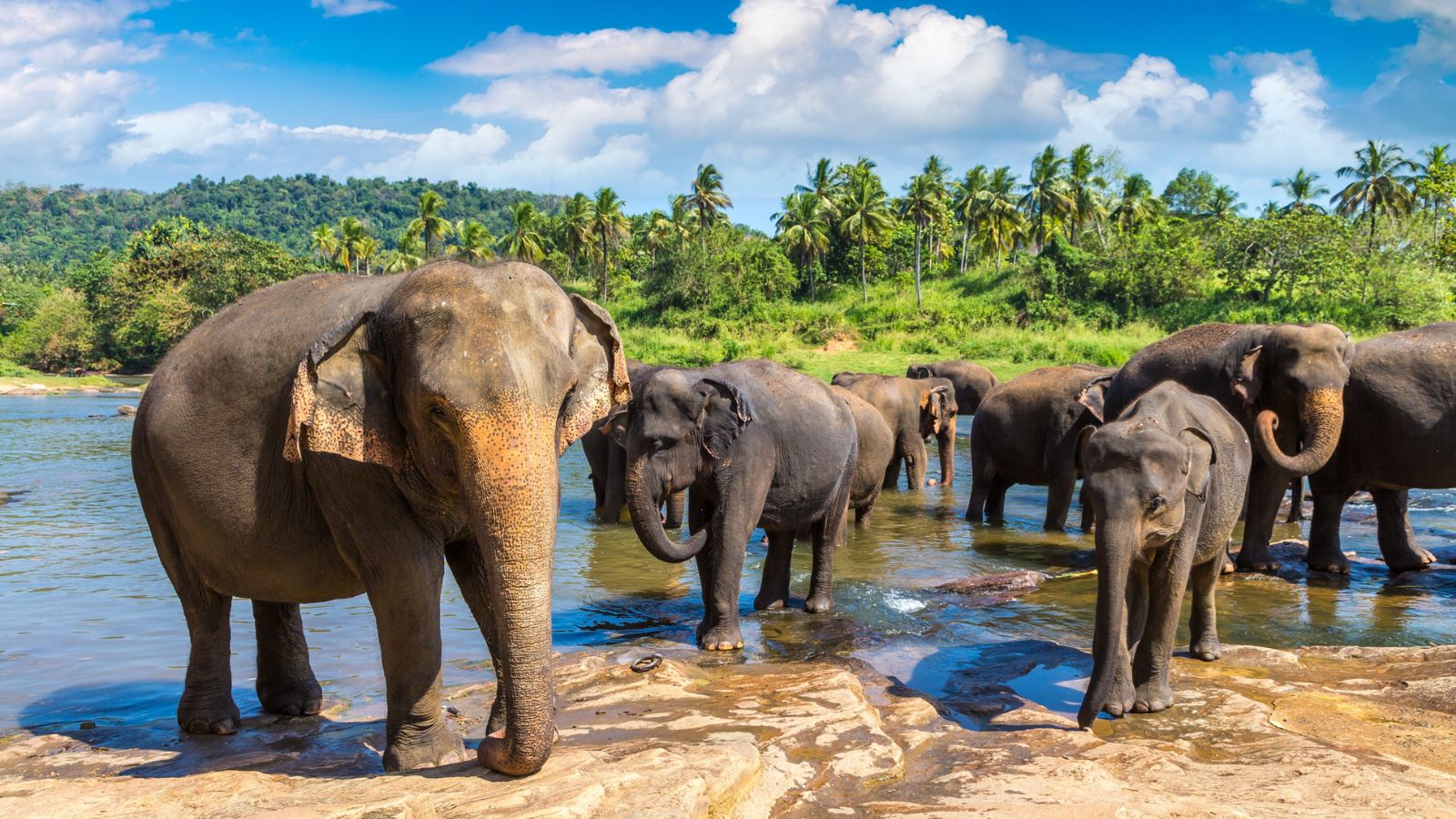Elephants are majestic creatures that have had a special place in human hearts for centuries. Today, we’ll be talking about the countless reasons why elephants are adored across the globe, including their incredible intelligence and their vital role in ecosystems.
Intelligence
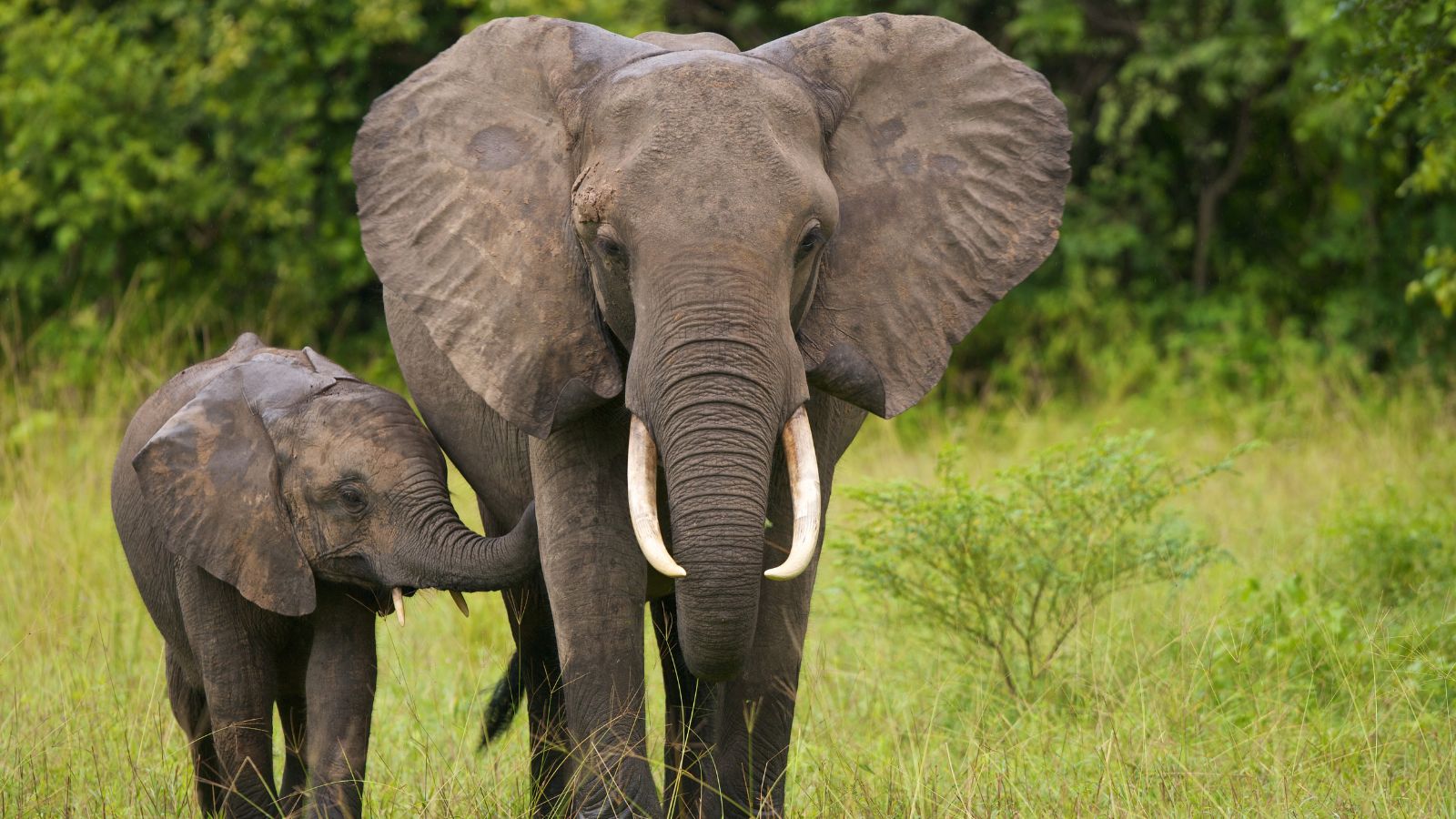
Elephants have one of the largest brains in the animal kingdom! They can work together to solve problems and navigate obstacles, and they often find innovative ways to get food and water. Elephants have also been known to understand and use human tools.
Strong Family Bonds
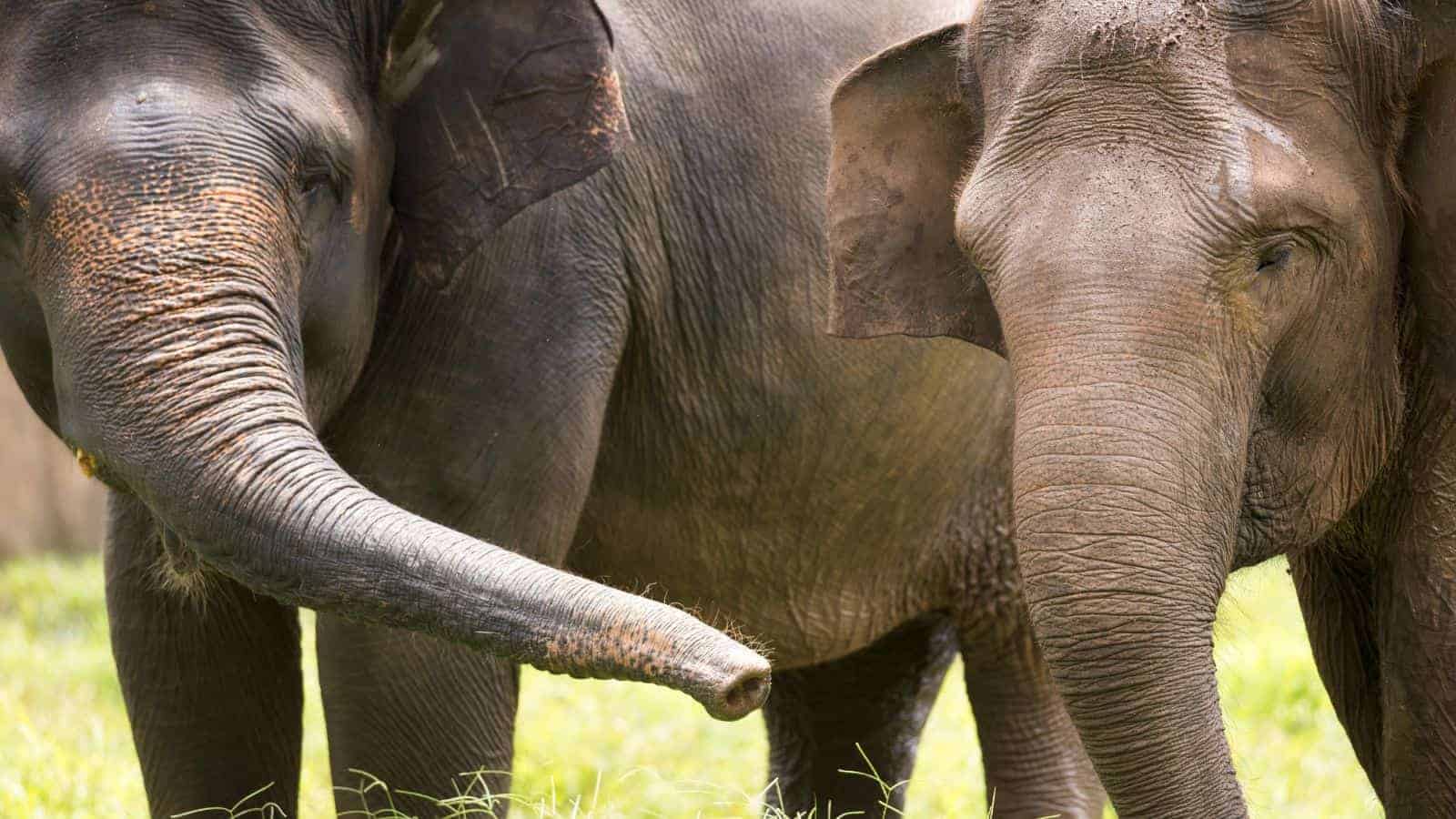
Elephants live in close-knit family groups and exhibit deep emotional connections with each other. BBC Science Focus says elephants “show grief when a family member dies and sometimes bury their dead or cover them with leaves.” The entire herd also cares for new calves, ensuring their safety and development. How wholesome!
Memory
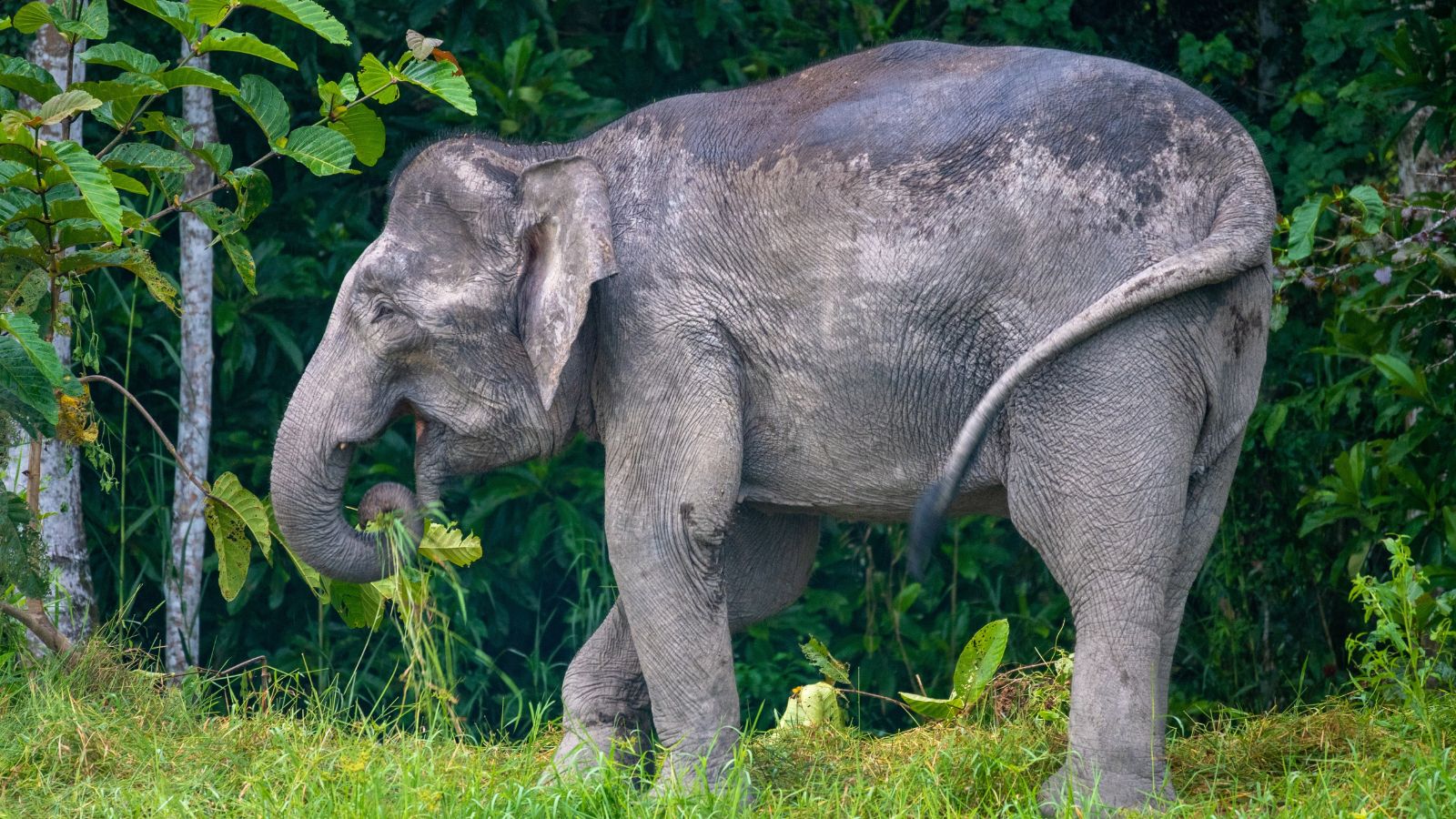
You’ve also probably heard the phrase ‘an elephant never forgets’. Elephants’ incredible long-term memory helps them map out their habitat and remember things like locations of water sources and different terrain. This helps in the search for food, water, and safe breeding grounds.
Important Role in Ecosystems
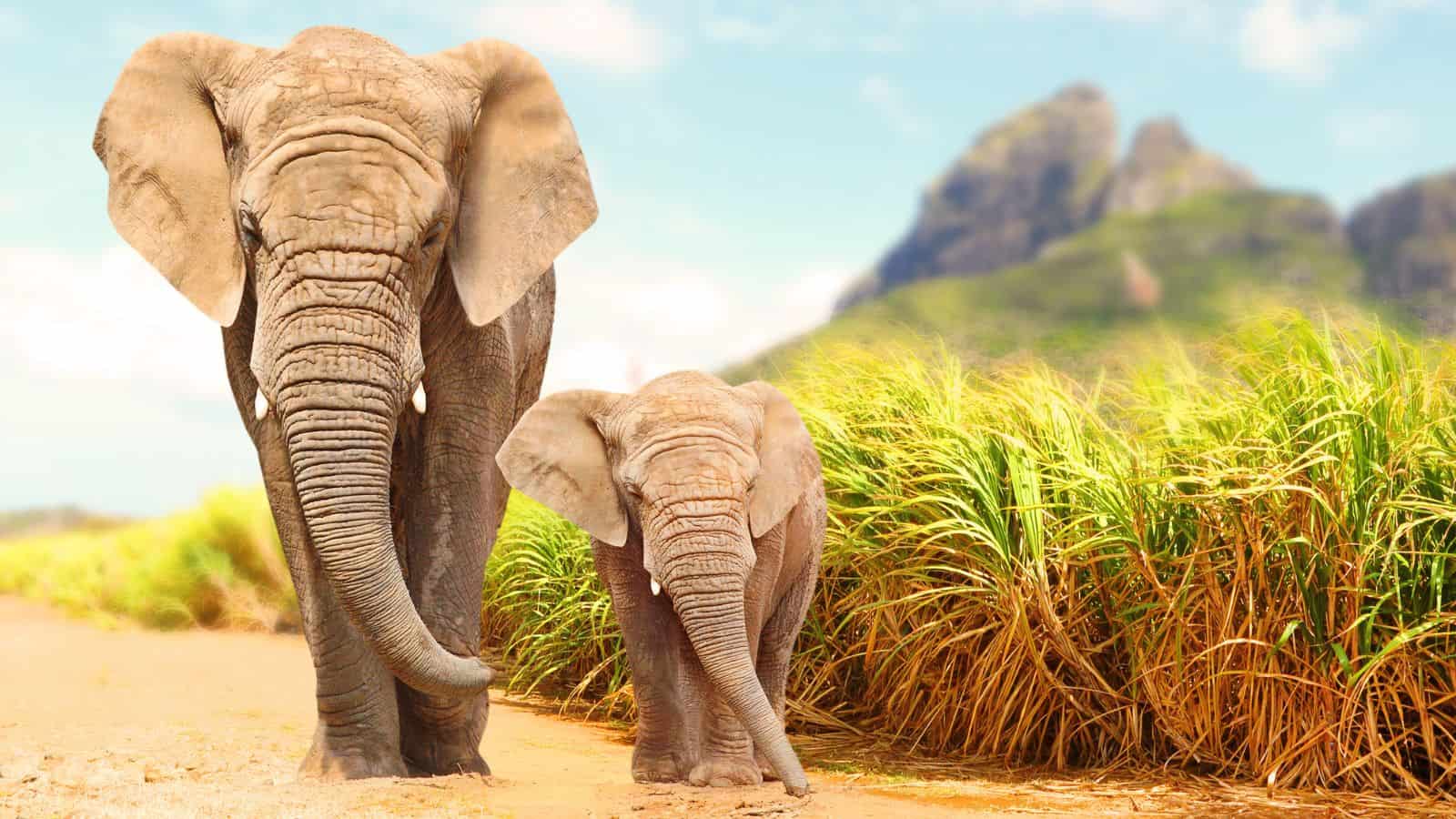
Ecosystems are complex, and as a keystone species, the elephant maintains the balance of its habitat. Elephants help shape the landscape by uprooting trees and creating water holes. Their dung also supports plant growth and spreads seeds, which promotes biodiversity.
Cultural Significance
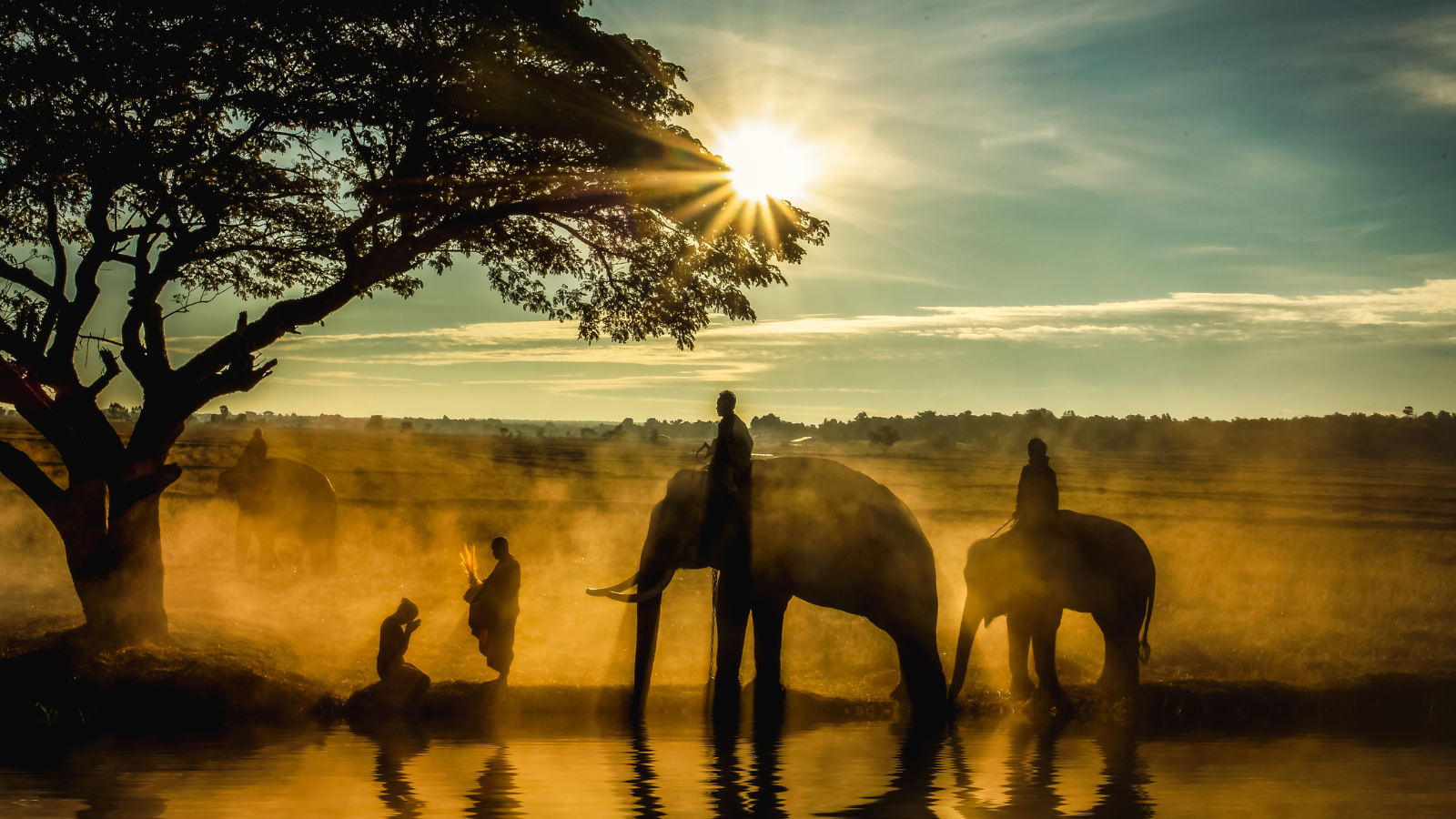
Respected and admired by many cultures and religions, elephants have great cultural significance! They often symbolize strength and wisdom and feature prominently in myths, folklore, and art across various civilizations. There are even festivals and rituals in countries like India and Thailand to celebrate elephants.
Conservation Efforts

Various global initiatives and organizations work tirelessly to protect the elephant population, which highlights how loved elephants are around the world! Conservation efforts include anti-poaching laws and preserving their habitats. Ecotourism and awareness campaigns also help fund and promote the protection of elephants.
Social and Emotional Complexity

According to Science Direct, “elephants are known primarily for their complex social behavior.” Elephants engage in a variety of social activities, such as playing with and comforting other members of the herd. They also display a range of emotions, including joy, grief, and empathy.
Communication Skills
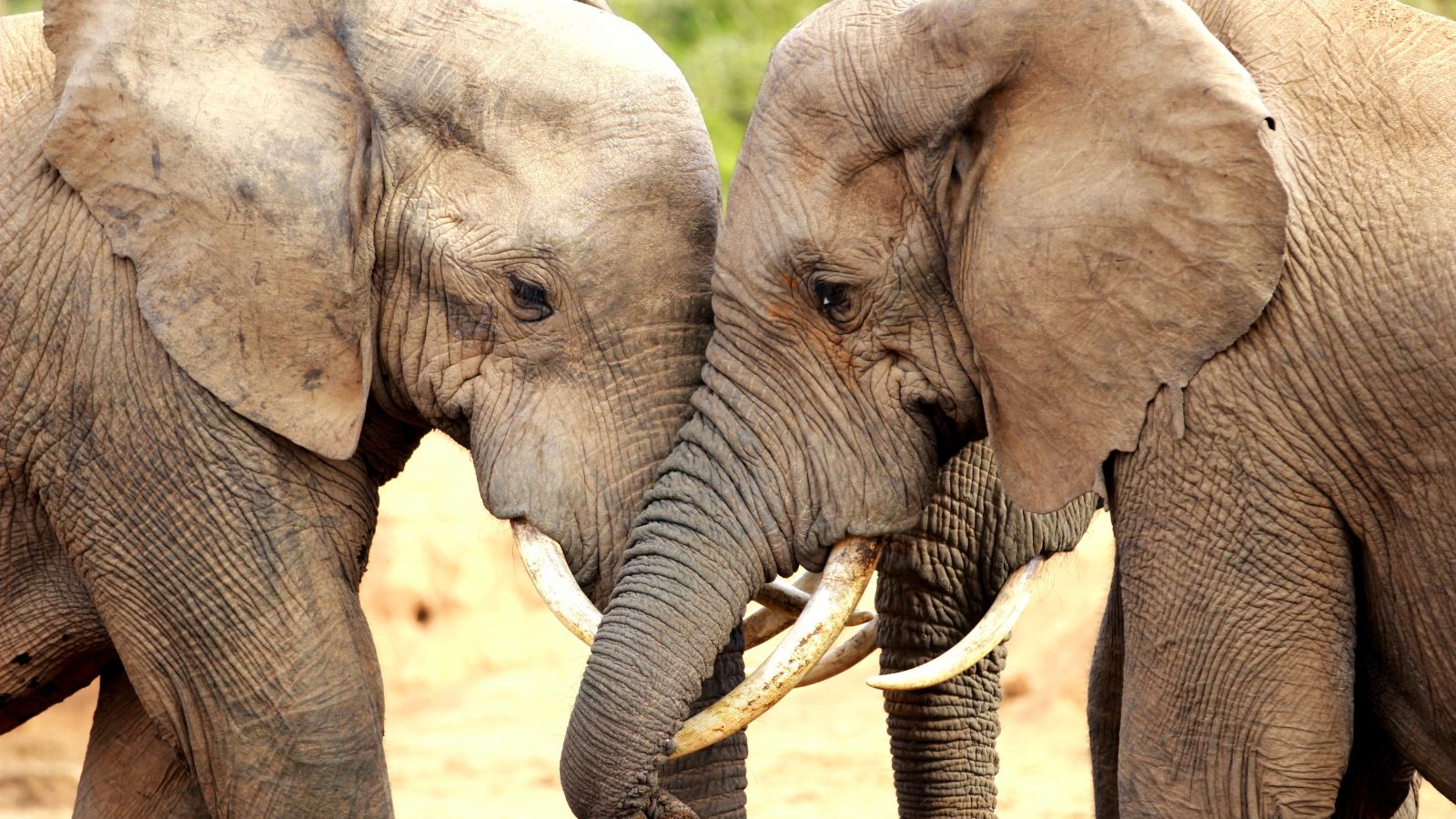
Elephants have great communication skills (unlike some of us humans). They use a range of sounds to communicate with one another, and they can also produce infrasound, which allows them to send messages over long distances. Elephants’ body language and interactions further improve their communication.
Long Lifespan
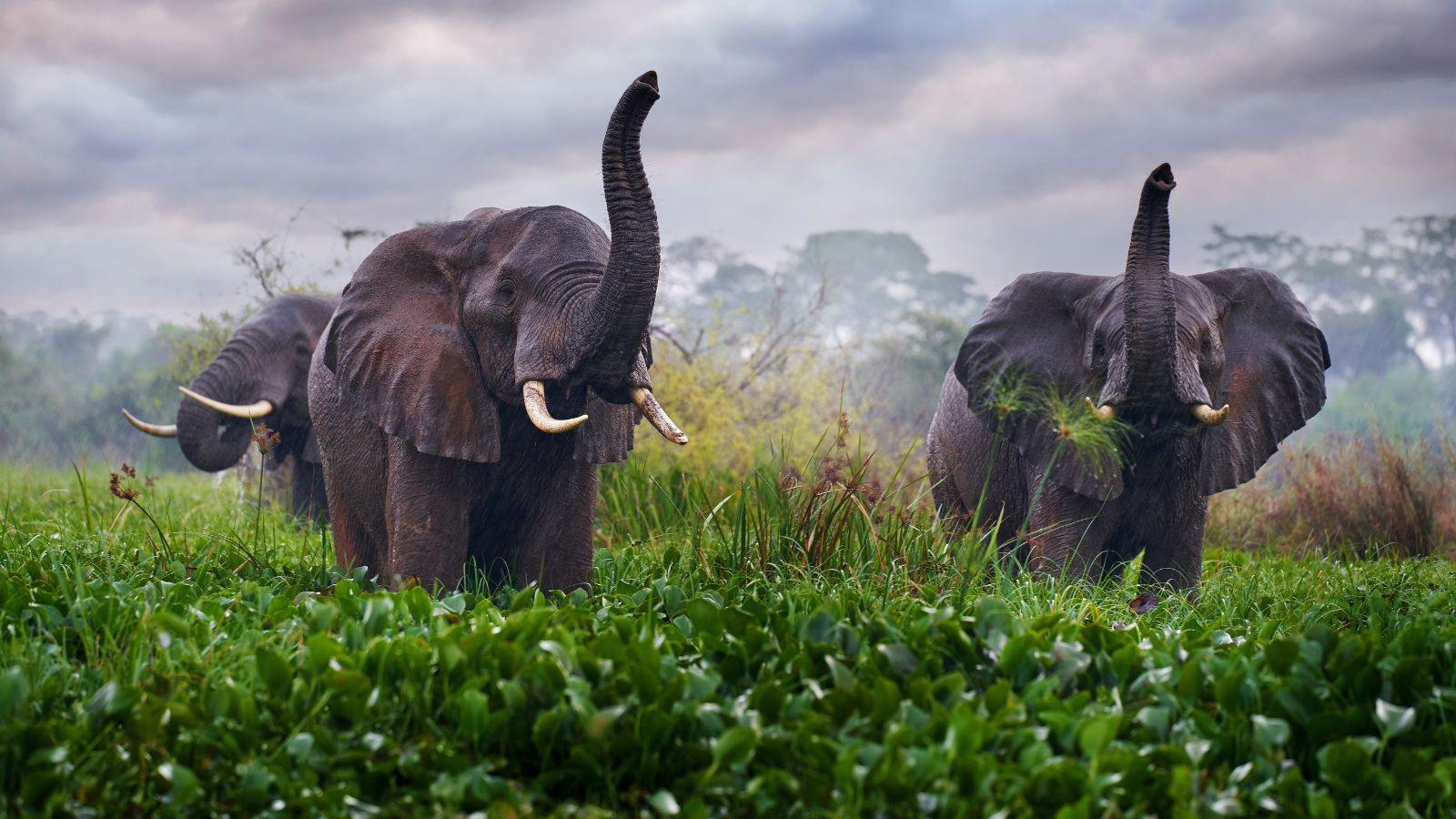
The beloved elephants can live for up to 70 years in the wild, as they are strong and resilient. Their long lifespan allows them to have strong family continuity and to transfer their knowledge to younger generations. Older elephants play a crucial role in guiding and educating their young members.
Compassion
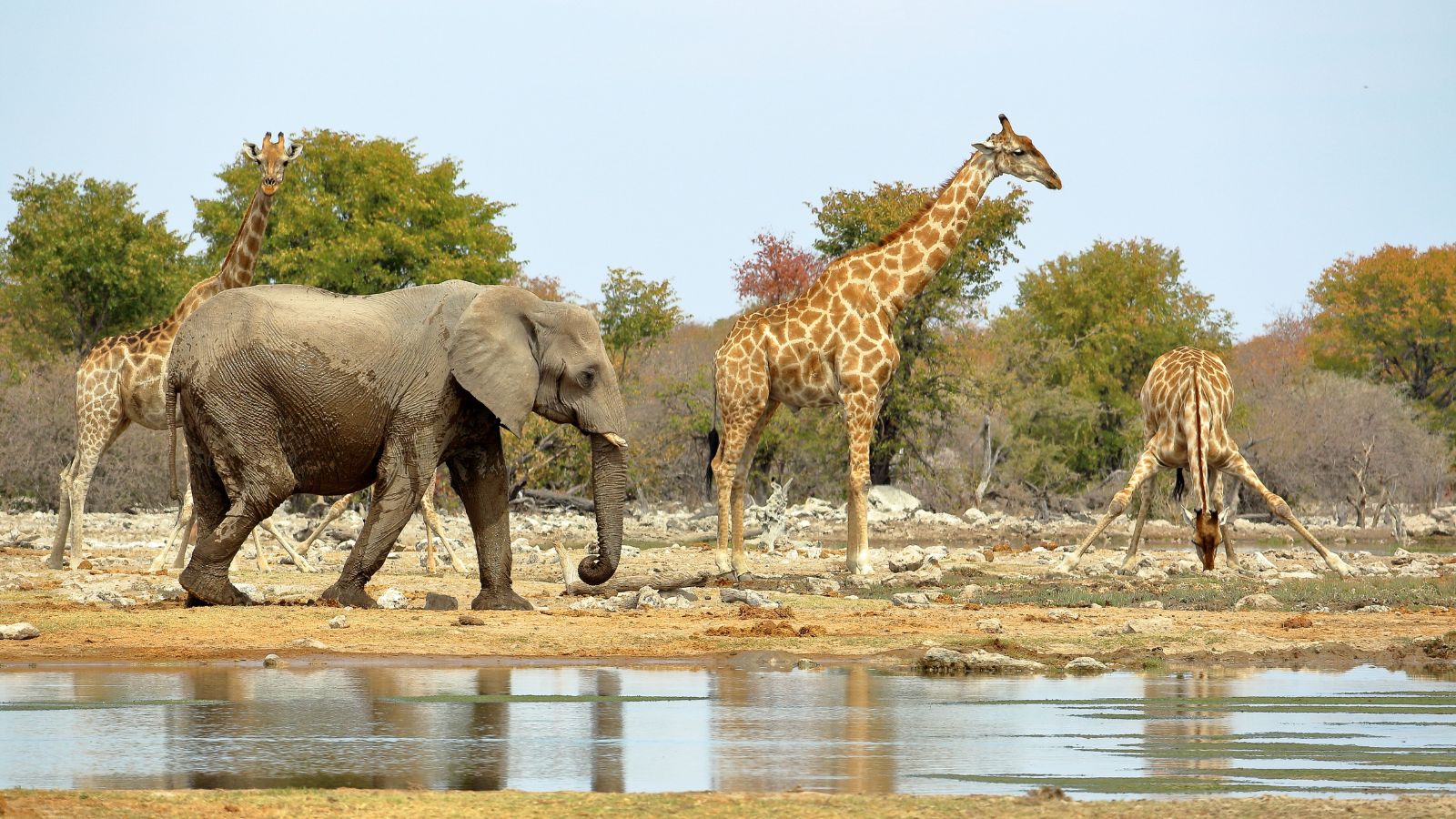
Elephants are well-known as compassionate animals. They often lend a hand (or foot) to animals that are injured or distressed, including those of other species. Elephants can also exhibit behaviors like caressing one another and intertwining their trunks to show affection.
Artistic Abilities
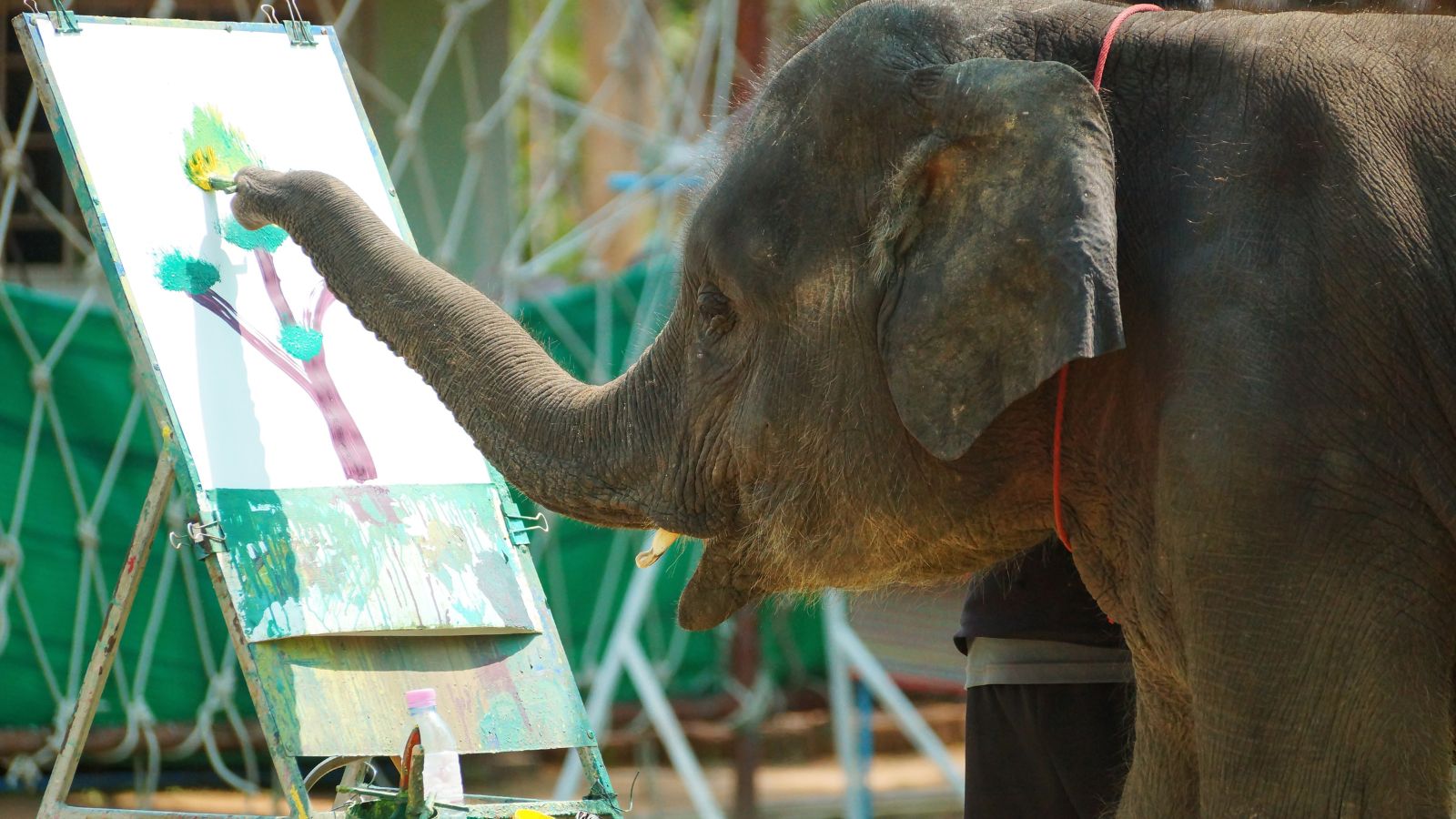
They might not be the next Picasso, but elephants can be trained to paint. This highlights their fine motor skills. According to the APA, “many zoos use painting to keep their primates and elephants from getting bored.” The artwork elephants create is often sold to raise funds for conservation efforts.
Playful Behavior
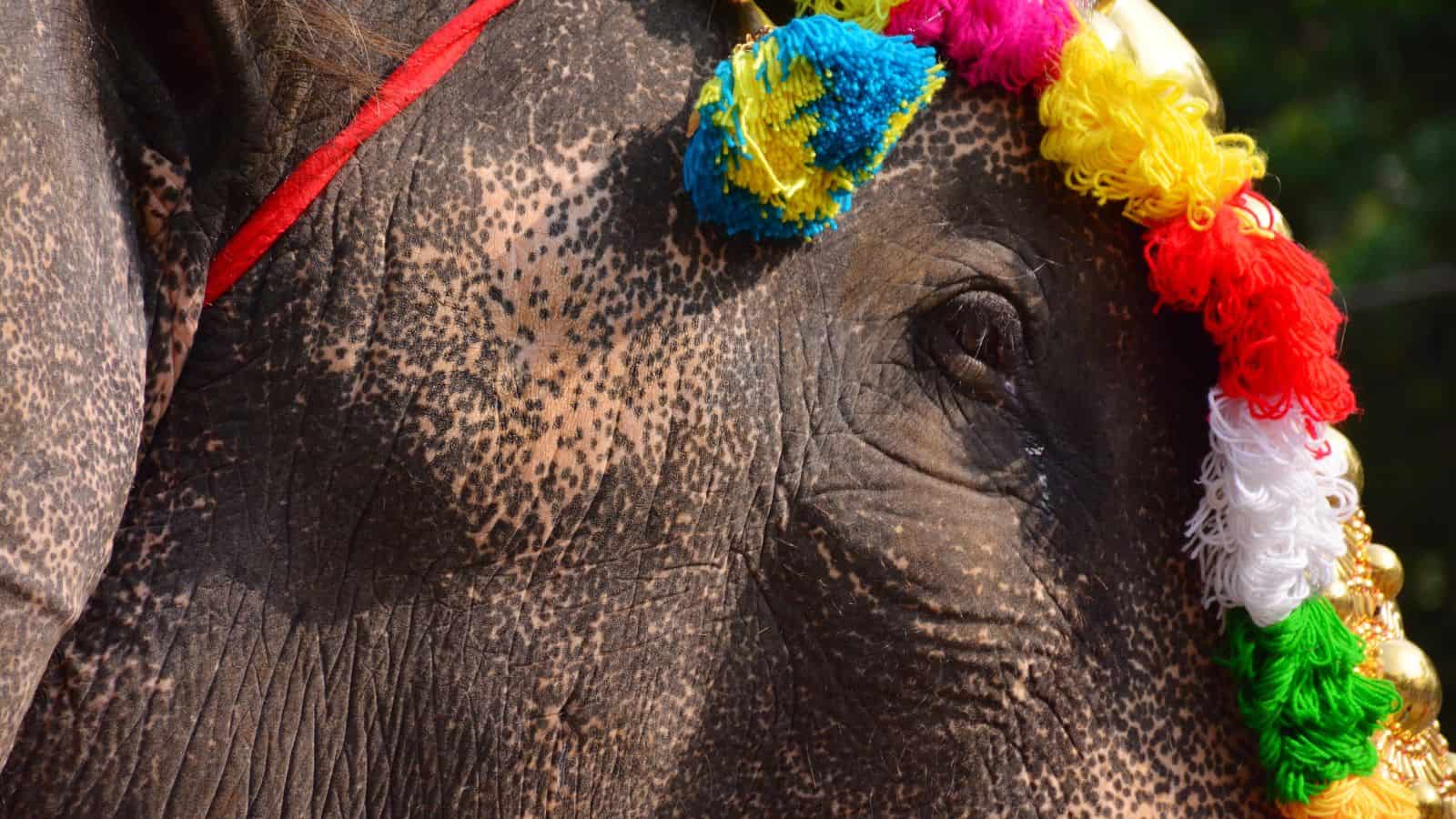
Young elephants are particularly playful, often playing games with other members of the herd. Play is essential for elephants’ physical and social development. Watching elephants’ playful antics can be a delightful and heartwarming experience, and it makes people love them even more!
Adaptability
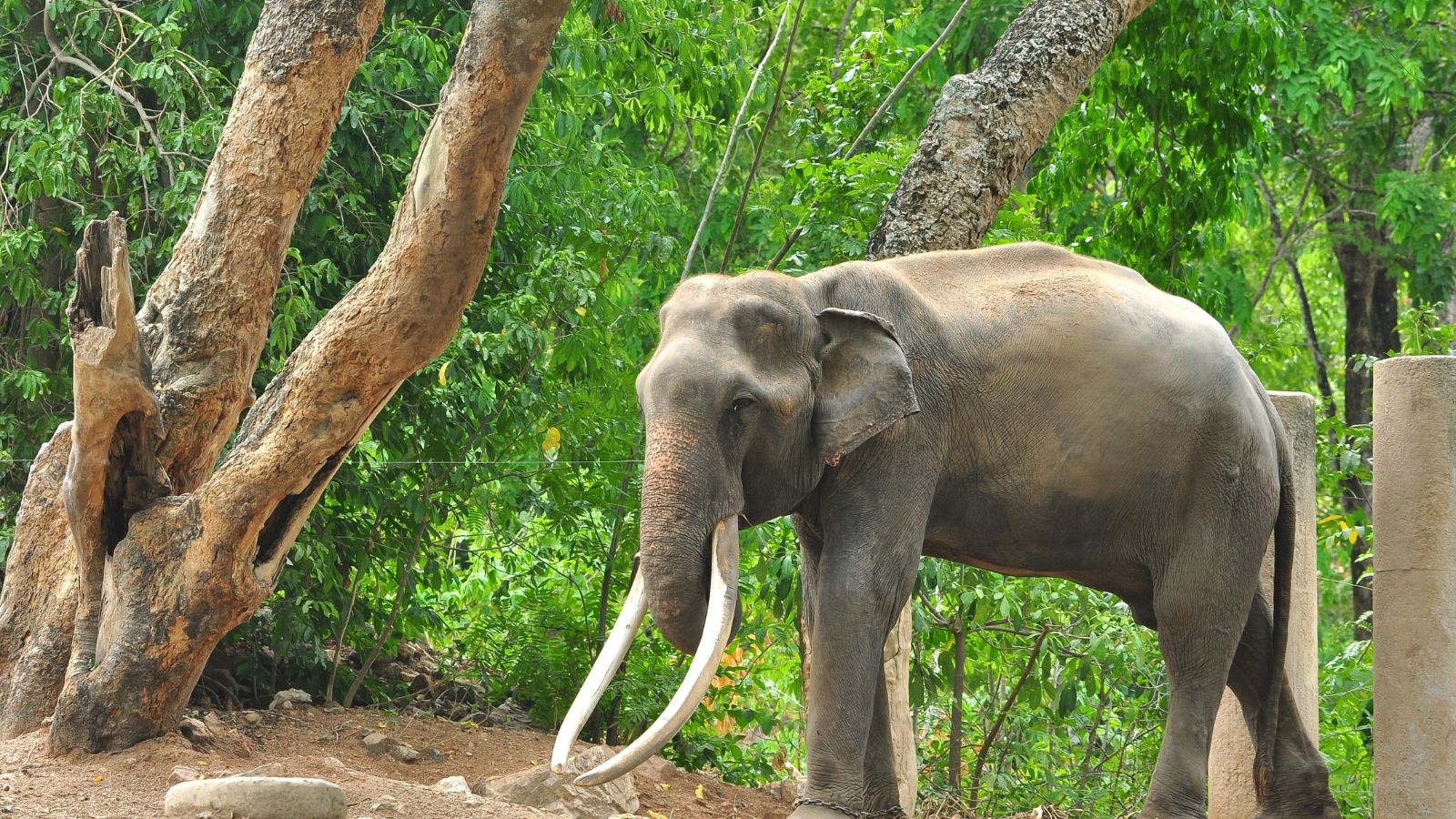
Elephants are inherently adaptable, and they thrive in diverse habitats, including savannas, forests, and deserts. Elephants can cleverly adapt their diet and behaviors to suit the changing environment. Their ability to travel long distances in search of resources also demonstrates their resilience.
Bond with Humans

Who doesn’t want to be best friends with an elephant? In sanctuaries and reserves, elephants have formed deep bonds with the humans that take care of them. Accounts in history also show cooperation between humans and elephants in tasks like logging.
Endangered Status and Global Concern
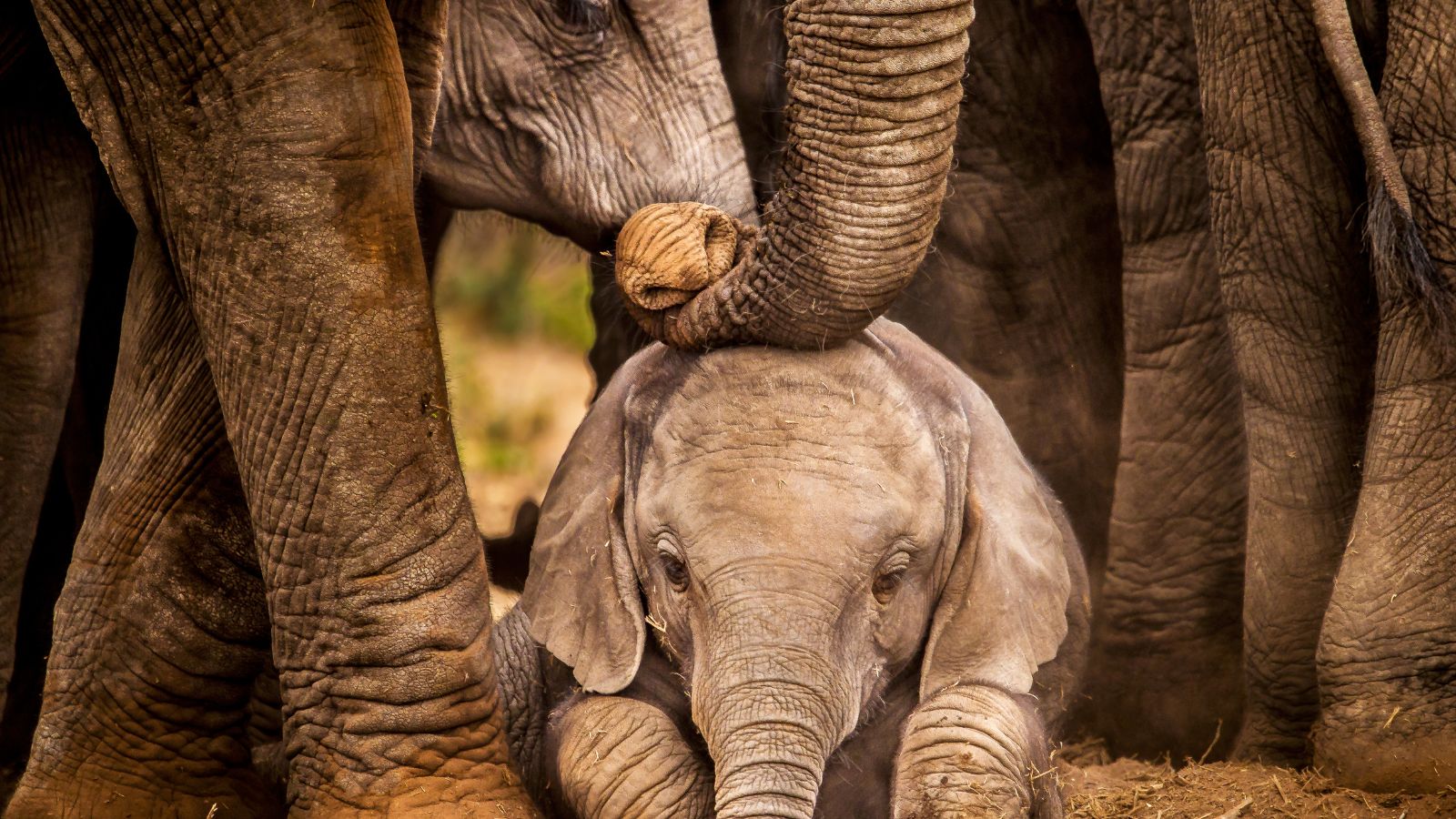
Both African and Asian elephants are listed as endangered due to poaching and habitat loss. The WWF states that “around 90% of African elephants have been wiped out in the past century.” This heartbreaking fact emphasizes the urgent need to protect these majestic animals and encourages public campaigns and advocacy work.
Worshiped in Religion
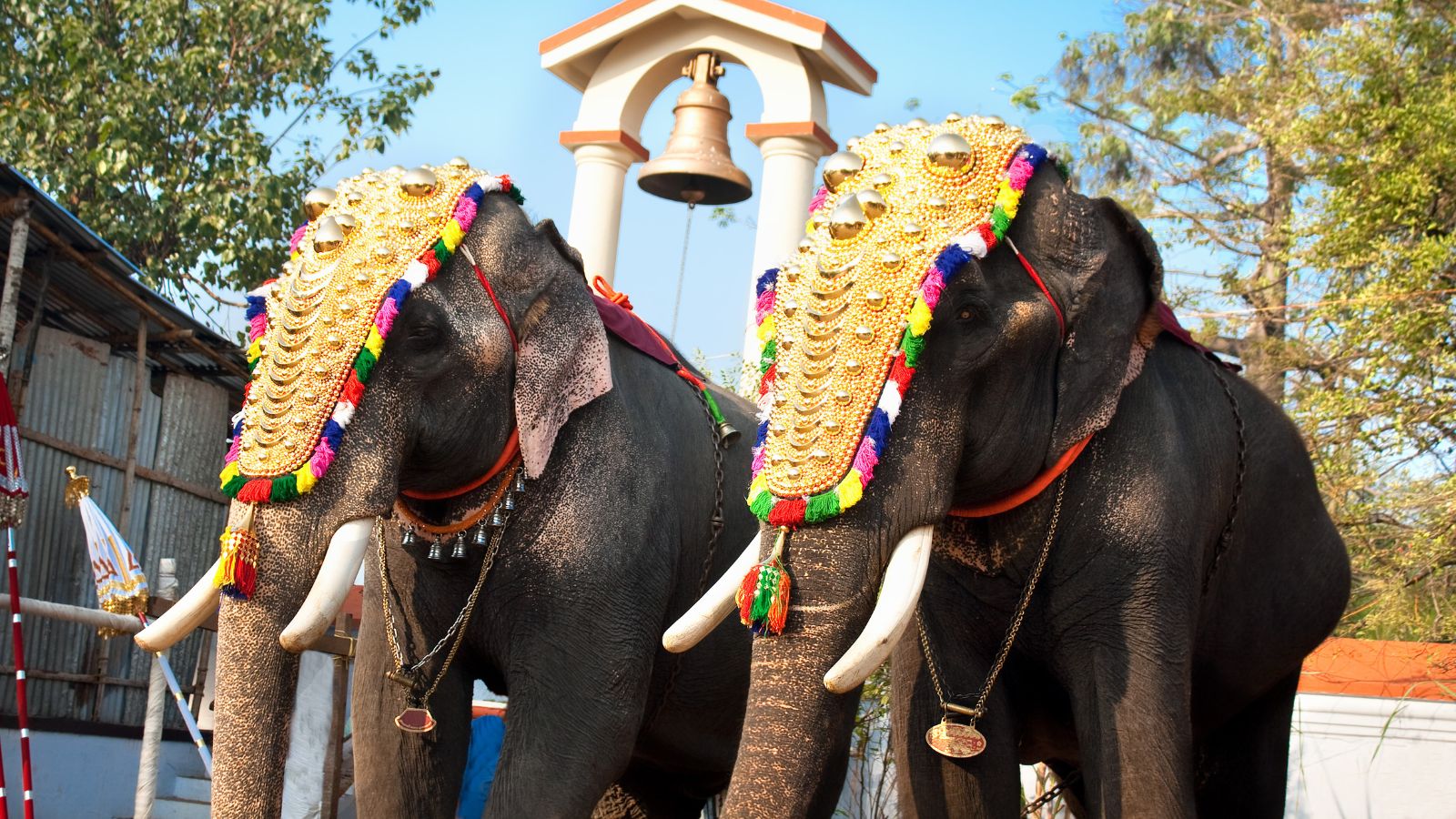
Elephants are greatly significant in multiple religions, such as Hinduism and Buddhism. In Hinduism, the elephant-headed deity Ganesha is worshiped and known as the remover of obstacles. Elephants are also considered sacred in Buddhism and symbolize mental strength and earthly power.
Vital Role in Tourism
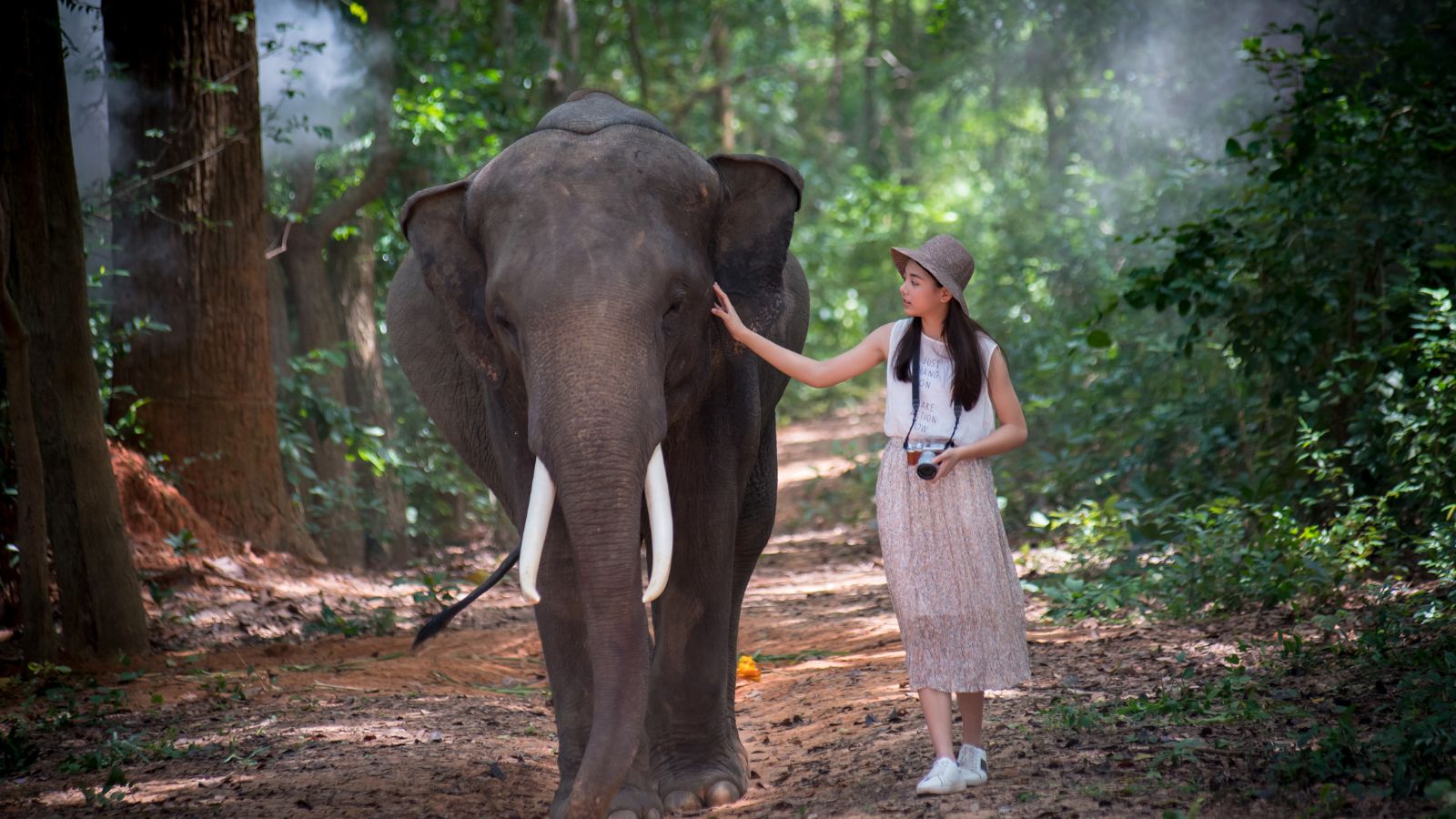
Elephants even help boost local economies by attracting millions of tourists from all over the world! Wildlife tourism centered around elephants also helps raise awareness of the importance of conservation. Ethical tourism practices ensure the well-being of the elephants and their habitats.
Inspiring
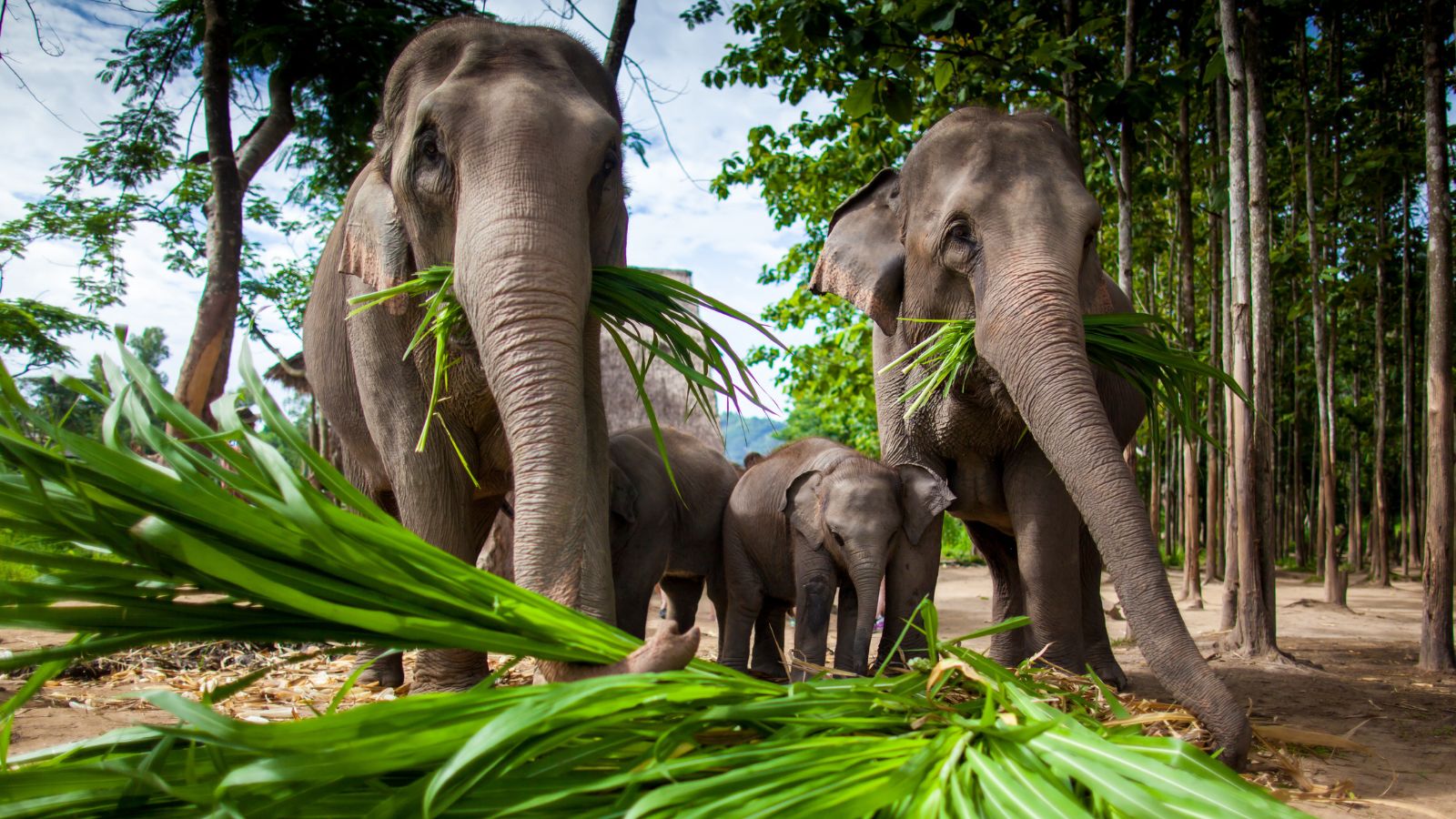
Elephants inspire awe and wonder in people of all ages from all around the globe, including you reading this (I hope)! Their majestic presence in nature documentaries and films captivates audiences. Many authors and artists draw inspiration from elephants, creating works that highlight their beauty and strength.
Up Next: 17 Places in the U.S. Where Even Truck Drivers Won’t Stop

Truck drivers tend to be hardy souls—well-seasoned travelers who aren’t often afraid to rest up or refuel in risky locations. However, there are certain U.S. locations that even the most road-weary trucker refuses to stop at for fear of criminal activity or natural dangers. Here are 17 such locations that even experienced truck drivers approach with trepidation (or not at all).
17 PLACES IN THE U.S. WHERE EVEN TRUCK DRIVERS WON’T STOP
17 Things Guests Actually Notice Right Away About Your House

Inviting people into your home is a big deal. You may be very house-proud or house-conscious, and if you are either, you’ll likely get anxious about hosting. If this sounds like you, stop worrying and focus on the following 17 things that guests actually notice right away about your house.
17 THINGS GUESTS ACTUALLY NOTICE RIGHT AWAY ABOUT YOUR HOUSE
The 17 Unhappiest States in America

The US has hit an all-time low position in the World Happiness Index, tumbling to 23rd in 2024. However, it’s important to remember that location is an important factor; many US states are very happy, unlike the following 17 US states that appear to be the most unhappy.

